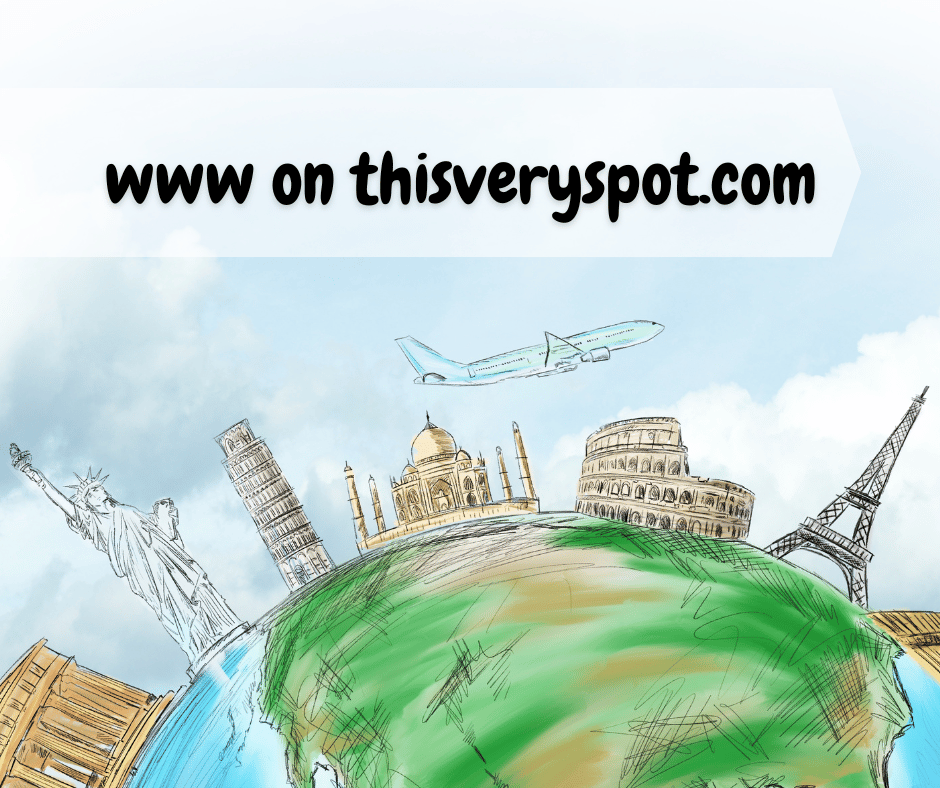Introduction
In today’s digital age, the World Wide Web (WWW) has become an indispensable part of our lives, shaping how we communicate, conduct business, and access information. This article explores the significance of www on thisveryspot.com, delving into its history, impact, and future, while providing insights into navigating this vast digital landscape safely and effectively.
Understanding The Basics: What Is www?
The term “WWW” stands for World Wide Web, a system of interlinked hypertext documents accessed via the internet. Users can view web pages that may contain text, images, videos, and other multimedia, which can be navigated using hyperlinks. The web operates on the principles of client-server architecture, where web browsers serve as clients requesting resources from web servers.
Originally conceived by Tim Berners-Lee in 1989, the WWW was designed to facilitate information sharing among researchers. Today, it has evolved into a platform that hosts billions of web pages, influencing nearly every aspect of modern life. The WWW is not just a tool; it is a foundational technology that connects people and businesses across the globe.
The History And Evolution Of www
The World Wide Web began as a simple project to improve communication among scientists. Berners-Lee’s proposal outlined a method for sharing information across different systems. By 1991, the first website was launched, providing a basic overview of the WWW and its capabilities. This marked the beginning of a digital revolution.
Throughout the 1990s, the web experienced rapid growth, with the introduction of web browsers like Mosaic and Netscape Navigator. These browsers simplified the process of accessing the internet, making it more user-friendly. The dot-com boom in the late 1990s led to the creation of countless websites and the emergence of e-commerce, fundamentally changing how businesses operate.
As technology advanced, so did the web. The introduction of Web 2.0 in the early 2000s shifted the focus from static web pages to dynamic content, enabling user-generated content, social networking, and collaboration. Platforms like Facebook, YouTube, and Wikipedia exemplified this transformation, fostering community and interaction.
In recent years, we have entered the era of Web 3.0, characterized by the rise of artificial intelligence, machine learning, and decentralized web technologies. This evolution promises to enhance personalization, security, and user experience, allowing for more efficient and effective online interactions.
The Impact Of www On Society And Business
The World Wide Web has profoundly impacted society, altering how we communicate, learn, and do business. Social media platforms have revolutionized interpersonal communication, enabling individuals to connect with friends and family worldwide instantly. Moreover, the rise of online forums and communities has provided platforms for sharing ideas, opinions, and experiences.
From a business perspective, the WWW has transformed commerce. E-commerce has become a critical component of the global economy, with businesses of all sizes utilizing online platforms to reach customers. According to recent statistics, e-commerce sales are expected to exceed $6 trillion globally by 2024, demonstrating the web’s power in driving economic growth.
Moreover, the web has facilitated the rise of remote work and digital entrepreneurship. The COVID-19 pandemic accelerated this trend, pushing many businesses to adopt online operations. Today, freelancers and remote workers can leverage the WWW to find opportunities, connect with clients, and manage their businesses from anywhere in the world.
The Role Of www In Our Daily Lives
For many people, the World Wide Web is an integral part of daily life. From searching for information to shopping for groceries, the web has transformed how we approach everyday tasks. Online banking and bill payments have simplified financial management, while educational platforms have made learning more accessible.
Social media plays a significant role in our daily routines, providing entertainment, news, and a platform for self-expression. Many people rely on platforms like Instagram, Twitter, and TikTok for information, connecting with others and sharing their lives.
However, the web is not without its challenges. The overwhelming amount of information available can lead to information overload, making it difficult to discern credible sources. Additionally, concerns over privacy, security, and misinformation have grown, highlighting the need for individuals to be vigilant and discerning in their online activities.
Common Misconceptions About www
Despite its pervasive presence, several misconceptions about the World Wide Web persist. One common myth is that the web is synonymous with the internet. While they are related, they are not the same; the internet is the underlying infrastructure that connects devices, while the WWW is a system of content accessed via the internet.
Another misconception is that the web is a fully democratized space. While it offers opportunities for sharing information and ideas, access to the web remains uneven globally. Many regions still lack reliable internet connectivity, limiting their ability to participate in the digital economy.
Read Also: Certidor: Comprehensive Digital Marketing Solutions for Business Growth
Tips For Navigating The World Wide Web Safely And Efficiently
Navigating the World Wide Web can be overwhelming, but there are several strategies to ensure a safe and efficient experience:
- Use Strong Passwords: Create unique and complex passwords for your accounts to protect your personal information. Consider using a password manager to help you keep track of them.
- Be Wary of Phishing Scams: Always verify the source of emails or messages before clicking on links or providing personal information. Legitimate organizations will never ask for sensitive information via email.
- Use Secure Connections: Look for “https://” in the URL before entering personal information. The “s” indicates a secure connection.
- Limit Personal Information Sharing: Be cautious about the information you share online, especially on social media platforms. Adjust your privacy settings to control who can see your posts.
- Stay Informed About Online Safety: Regularly update yourself on the latest online security threats and best practices to protect yourself.
- Utilize Search Engines Wisely: Use specific keywords to refine your search results, and take advantage of advanced search options offered by search engines.
- Explore Reliable Resources: When researching, seek out reputable websites and sources to ensure the information you are accessing is credible.
By adopting these practices, users can enjoy a safer and more productive experience on the WWW.
Future Outlook And Potential Changes For www
Looking ahead, the World Wide Web is poised for further transformation. The rise of artificial intelligence and machine learning will continue to shape user experiences, enabling personalized content delivery and improved interactions. Technologies such as virtual reality (VR) and augmented reality (AR) may also play a role in redefining how we engage with digital content.
Additionally, concerns over privacy and data security will drive changes in how organizations handle user information. The increasing focus on user consent and data protection regulations will necessitate a shift toward more transparent practices.
Furthermore, as the world becomes increasingly interconnected, the demand for reliable and accessible internet services will grow. Bridging the digital divide and ensuring equitable access to the web will be paramount in enabling everyone to benefit from the opportunities the WWW provides.
Conclusion: Embracing The Power Of www In Our Modern World
The significance of www on thisveryspot.com cannot be overstated. The World Wide Web has fundamentally transformed how we communicate, learn, and conduct business, shaping our daily lives in countless ways. As we continue to navigate this digital landscape, it is essential to remain vigilant about online safety and to embrace the potential of the web to foster connection and innovation.
By understanding the history, impact, and future of the WWW, we can better appreciate its role in our lives and harness its power to drive positive change in our communities and the world.



